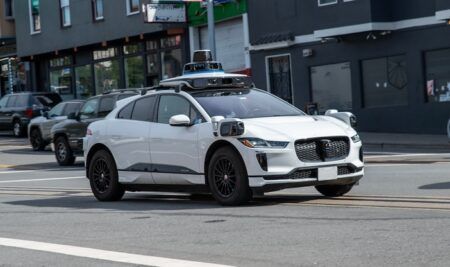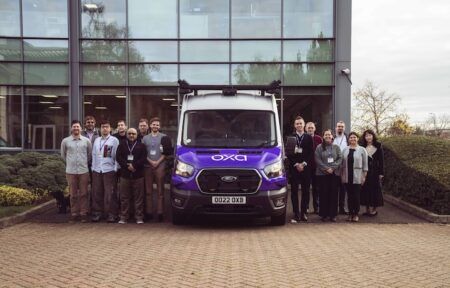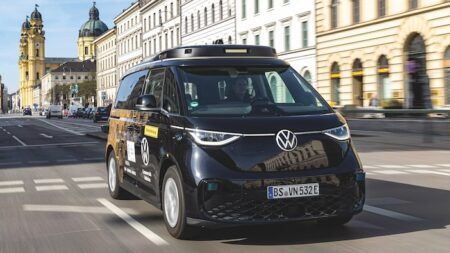In a matter of weeks, the public in Pittsburgh, Pennsylvania, will be able travel in autonomous Uber cars while using the ride-sharing service, according to a report from Bloomberg.
To achieve this goal, Uber has teamed up with Swedish automaker Volvo Cars, whose vehicles will be used as part of Uber’s fleet in Pittsburgh.
“Starting later this month, Uber will allow customers in downtown Pittsburgh to summon self-driving cars from their phones, crossing an important milestone that no automotive or technology company has yet achieved,” an Uber spokesperson told the BBC.
“In Pittsburgh, customers will request cars the normal way, via Uber’s app, and will be paired with a driverless car at random. Trips will be free for the time being, rather than the standard local rate of US$1.30 [£0.98] per mile.”
During the deployment, drivers will be seated in the vehicles to supervise and take control if necessary.
The two companies have signed an agreement to establish a joint project that will continue to develop new base vehicles that will be able to incorporate the latest developments in autonomous driving (AD) technologies, up to and including fully autonomous cars.
The base vehicles will be manufactured by Volvo Cars, and then purchased from Volvo by Uber. Volvo and Uber are contributing a combined US$300m to the project. Both Uber and Volvo will use the same base vehicle for the next stage of their own autonomous car strategies. This will involve Uber adding its own self-developed autonomous driving systems to the Volvo base vehicle. Volvo will use the same base vehicle for the next stage of its own autonomous car strategy, which will involve fully autonomous driving.
The Volvo-Uber project marks a significant step in the automotive business with a car manufacturer joining forces with a new Silicon Valley-based entrant to the car industry, underlining the way in which the global automotive industry is evolving in response to the advent of new technologies. The alliance marks the beginning of what both companies view as a longer term industrial partnership. The new base vehicle will be developed on Volvo’s fully modular Scalable Product Architecture (SPA). Currently used on Volvo’s top-of-the-line XC90 SUV, as well as the S90 sedan and V90 estate, SPA is one of the most advanced car architectures in the world.
SPA has been developed as part of Volvo’s US$11bn global industrial transformation program, which started in 2010, and has been prepared from the outset for the latest autonomous drive technologies, as well as next-generation electrification and connectivity developments. It is these capabilities that attracted Uber to Volvo. The development work will be conducted by Volvo and Uber engineers in close collaboration. The project will further add to the scalability of the SPA platform to include all needed safety, redundancy and new features required to have autonomous vehicles on the road.




